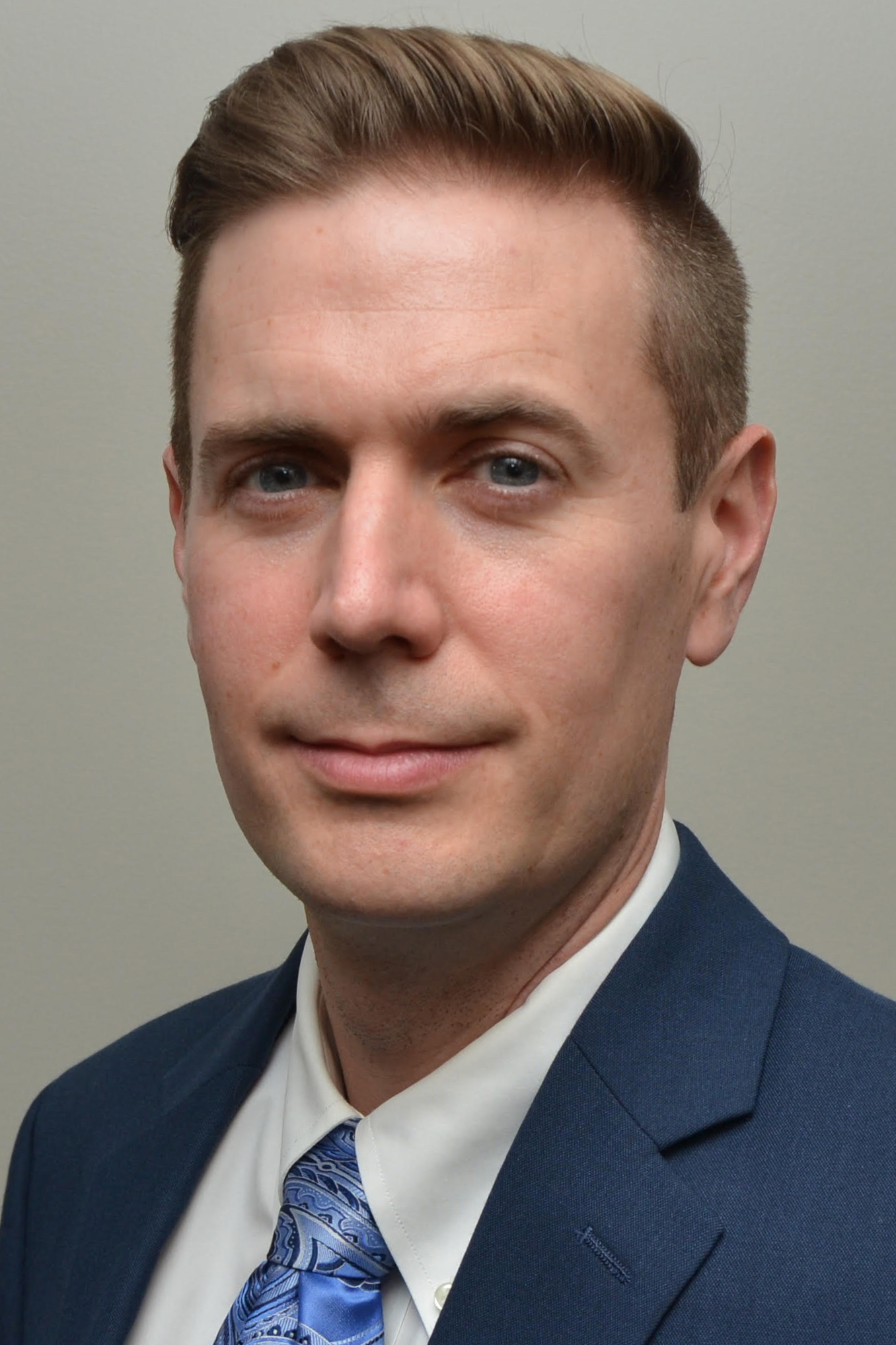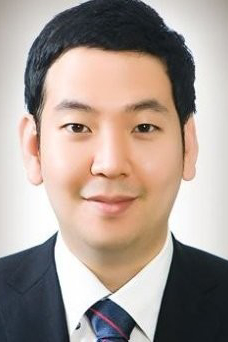Prof. David Love, former postdoc, win Fred W Ellersick Prize

David J. Love, Nick Trbovich Professor of Electrical and Computer Engineering, and his former postdoctoral researcher, Byungju Lee, have been selected as winners of the IEEE Communications Society Fred W. Ellersick Prize for a paper entitled “Non-Orthogonal Multiple Access in Multi-Cell Networks: Theory, Performance, and Practical Challenge.” The honor is given annually to the best article published in a IEEE Communications Magazine in the previous 3 calendar years. Love and Lee’s paper was published in the IEEE Communications Magazine, Vol. 55, No. 10, pp, 176-183, October 2017.
The paper details the potential of non-orthogonal multiple access (NOMA) as an enabler for the development of 5G and beyond wireless networks. By allowing multiple users to share the same time and frequency, NOMA can scale up the number of served users, increase spectral efficiency, and improve user-fairness compared to existing orthogonal multiple access (OMA) techniques. While single-cell NOMA has drawn significant attention recently, much less attention has been given to multi-cell NOMA. This article discusses the opportunities and challenges of NOMA in a multi-cell environment. As the density of base stations and devices increases, inter-cell interference becomes a major obstacle in multi-cell networks. As such, identifying techniques that combine interference management approaches with NOMA is of great significance. After discussing the theory behind NOMA, this article provides an overview of the current literature and discusses key implementation and research challenges, with an emphasis on multi-cell NOMA.

Love joined Purdue’s electrical and computer engineering faculty in 2004. He is the leader of the College of Engineering’s Efficient Spectrum Usage Preeminent Team, which seeks to address the growing congestion on communications radio frequencies so that law enforcement and emergency responders can communicate more effectively and efficiently during times of crisis. Love is a renowned researcher in the broad area of wireless communications, with specific emphasis on feedback-assisted adaptive wireless systems.
Lee was a postdoc at Purdue from 2015-17. He is currently a senior engineer at Samsung Electronics, Seoul, Korea. Lee’s research interests are in the design of beyond 5G wireless communication systems.
